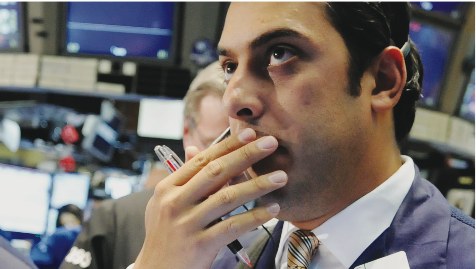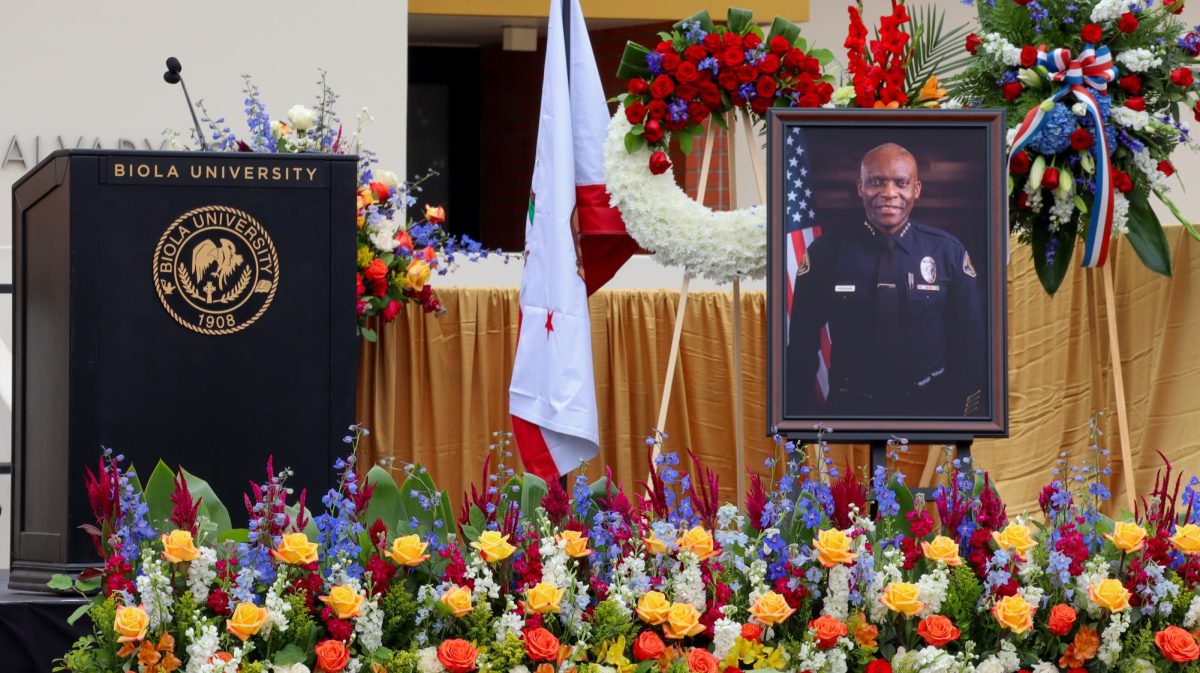Despite a crippled market, which has experienced in recent weeks the takeover over of several major financial institutions, as well as the largest ever single-day point decline for the Dow Jones industrial average, Biola’s Finance department is not too concerned — yet.
Biola reported nearly $110 million in investments in 2007, according to its last published report. But because these investments generate only a small percentage of Biola’s annual budget, the short-term effect on Biola will be minimal, said Dave Koontz, senior director of financial management and reporting.
“Our exposure is like everybody else,” he said. “No greater, no less. We’re not immune to the forces of the market. But we, like most of you, are not directly impacted by this. There’s no issue about paying our bills or that kind of thing.”
The biggest impact students are likely to feel from the market crisis is back at home, Koontz said. Though, Biola seems fine for the moment, students’ parents may have taken a hit, and thus may have a harder time paying the Biola bill.
If this translates into less student enrollment Biola would be forced to adjust, since 92 percent of the university’s income is student-generated, according to its latest financial report.
While not anticipating any such decline in the near future, Koontz said Biola would be ready if it did occur.
“If we have to adjust for the number of students, then we’ll have to adjust for the number of students,” he said. “Is that fun? No, but we’re certainly prepared to do that.”
Koontz also emphasized that none of Biola’s operating cash is in the market, lending to additional short-term stability despite the crippled market. However, some of it was in Wachovia, which was taken over on Monday by Citigroup. He said the university has not taken losses from the deal, though, and believes the money is “safe.”
“Companies start having problems when they run out of cash,” Koontz said. “That tends to hit colleges and universities a little slower because we tend to have more cash around, and we’re not borrowing to meet payroll. Biola has maintained [an] able cash reserve so we don’t have to borrow.”
The weakened market took a turn for the worse on Monday when the Dow plunged 778 points in response to the House of Representatives’ rejection of the Bush administration’s $700 billion “bailout bill.” The bill was intended to save major financial institutions from collapsing by buying their “bad paper” — defaulted loans they own, many of which are from home mortgages.
The government takeover of Fannie Mae and Freddie Mac, the failure of banking powerhouse Lehman Brothers and Citigroup’s buyout of Washington Mutual were just some factors that led to the bill, which was opposed by two-thirds of House Republicans and 40 percent of Democrats.
Larry Strand, dean of the Crowell School of Business, said false hopes of home appreciation, consumers’ over-eagerness to get into the housing market and a cycle of greed from many parties led to the crisis. He expressed doubt, though, that a government bailout bill would adequately solve the problem.
“If the government has to take money, which is really coming out of national debt … and then go buy toxic paper and try to turn it into something, you have this sinking feeling that the net result is going to be a loss,” he said.
Strand said the most likely impact on students would come in the way of future jobs, which could be harder to find if the government taxes businesses harder in order to recover from its financial intervention in the market.
He said it’s important for students to take interest in financial crisis and really consider its impact — even as just a learning opportunity.
“This is a very important time for students who will see something in action that does have some impact on them, not just their parents,” he said. “And it will have an effect on their parents – and grandparents.”







